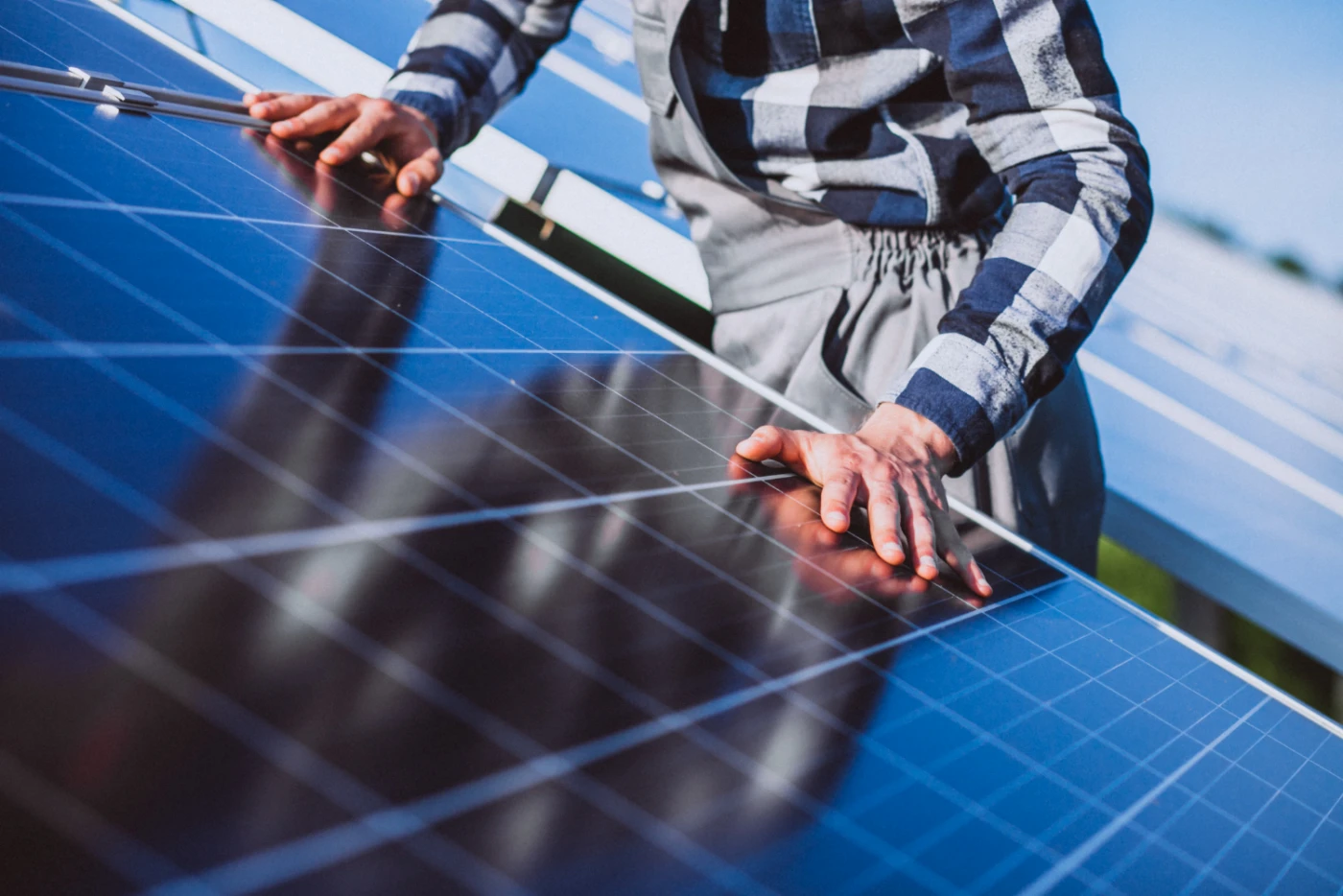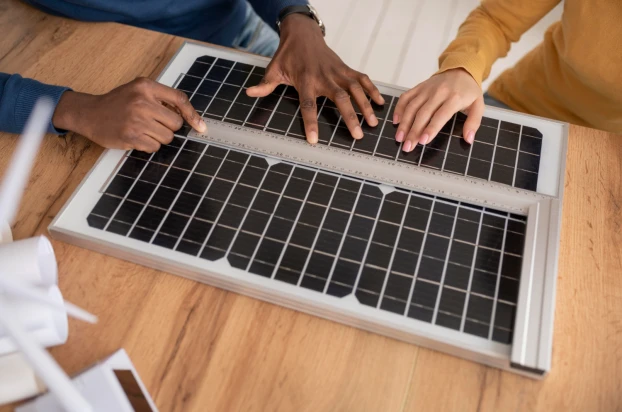Back to Blog Page
Step-by-Step Guide to the Solar Panel Installation Process in Bangalore


As Bangalore promotes sustainable living, solar energy has become a feasible and popular option for both homeowners and businesses. With ample sunlight and growing electricity rates, solar power is no longer a pipe dream but a viable investment. In this extensive tutorial, we’ll walk you through the solar panel installation process in Bangalore, explaining how it works and what you can expect.
Bangalore is particularly positioned to gain from solar energy due to its geographical and economic advantages. Here’s a closer look at why solar energy is a perfect solution for households and businesses in the city.
Bangalore has an average of 300 sunny days each year, making it one of India’s most solar-friendly cities. This continuous solar exposure provides optimal energy generation throughout the year.
Switching to solar not only lowers your electricity bills, but also helps to create a cleaner, greener world. It is an investment in both your financial future and the environment.

Before beginning the procedure, it’s vital to grasp the fundamental components of a solar power system:
The process starts with a thorough inspection of your property. A skilled technician visits your place to evaluate:
Based on the examination, the installer recommends an appropriate system. You’ll decide:
On-grid, off-grid, or hybrid system? This is a critical decision that balances budget, power requirements, and long-term benefits.
Once the type and dimensions have been determined, engineers produce a detailed design layout that includes:
Advanced software can be utilized to simulate performance and provide output forecasts.
A reputable solar panel provider in Bangalore will handle the paperwork on your behalf.
This is the most apparent portion of the process, which normally takes 1-3 days depending on the system size.
Following installation, the system is carefully tested to verify it satisfies performance and safety criteria.
Maintenance is minimal—panels should be cleaned every 3-6 months, and a technician visit is advised once per year.
Choosing the right solar installation company is critical to the success of your solar project. In a competitive market like Bangalore, you must consider different service providers before making a decision. Here’s how you can find a reliable and efficient partner:
You can ensure a hassle-free installation and the best return on your investment by carefully selecting your installer.
The Karnataka government promotes solar adoption through:
Solar panel installation in Bangalore is a gratifying experience with long-term financial and environmental benefits. With plenty of sunlight, helpful legislation, and expanding energy demands, there has never been a better moment to transition to solar. By following this step-by-step approach and selecting the correct installation partner, you may enjoy clean, renewable energy for many years to come.
Whether you’re a homeowner or a company owner, investing in solar power is a significant step toward energy independence and sustainability.
Get the latest updates on solar schemes, exclusive offers, and energy-saving tips delivered straight to your inbox.
© 2025 Arrow Power Controls – Developed by Digital Marketing Partner
WhatsApp us
Arrow Solar